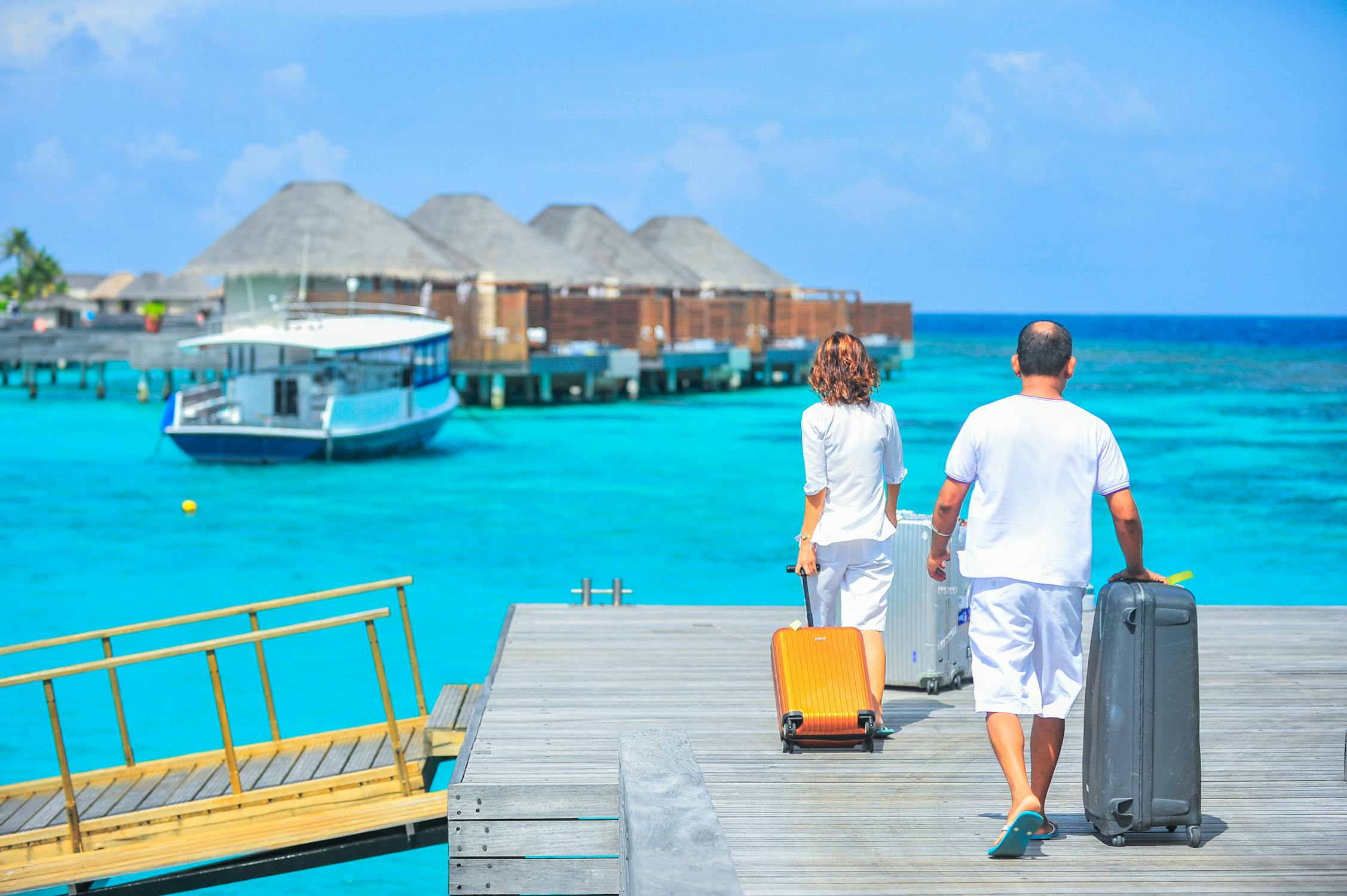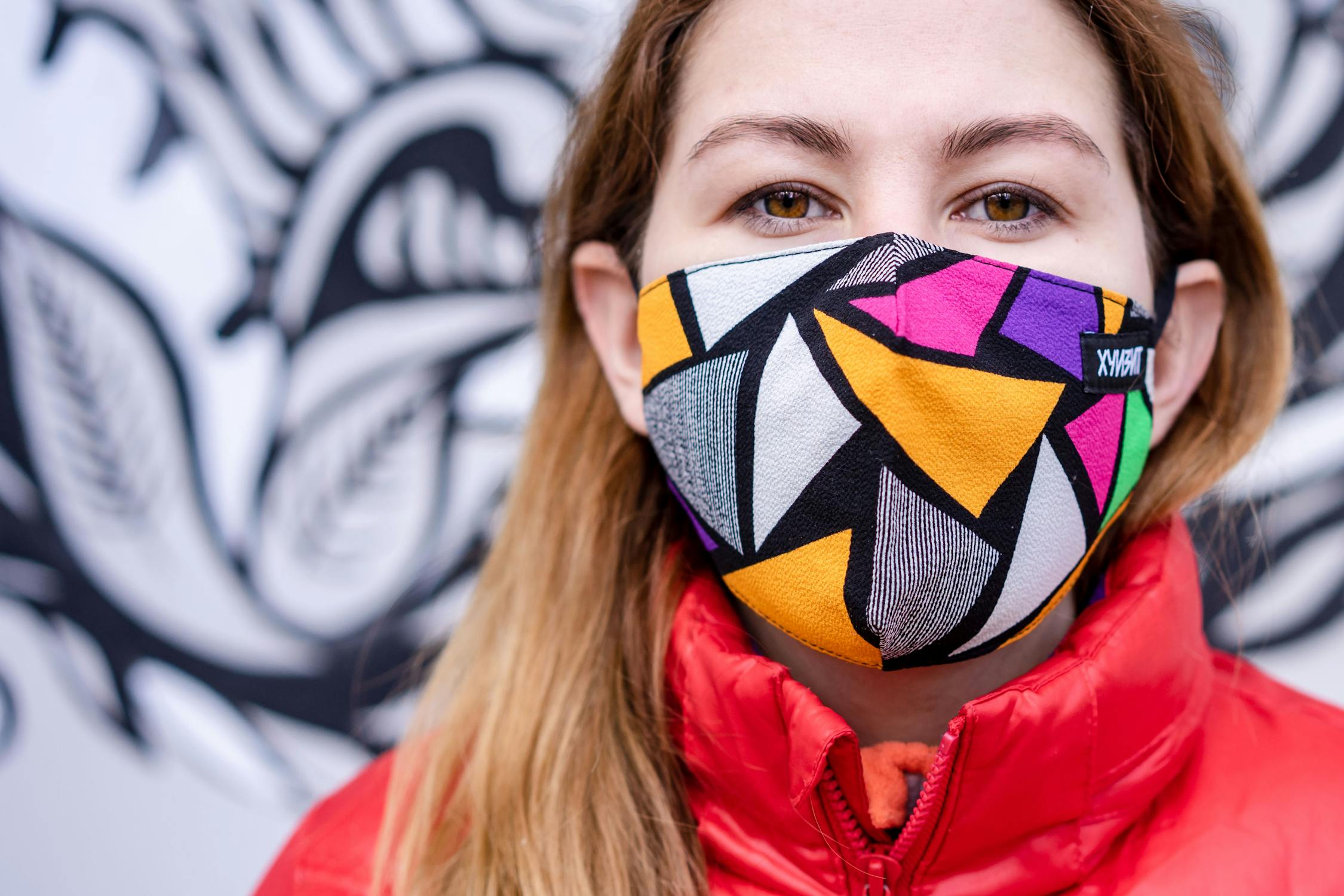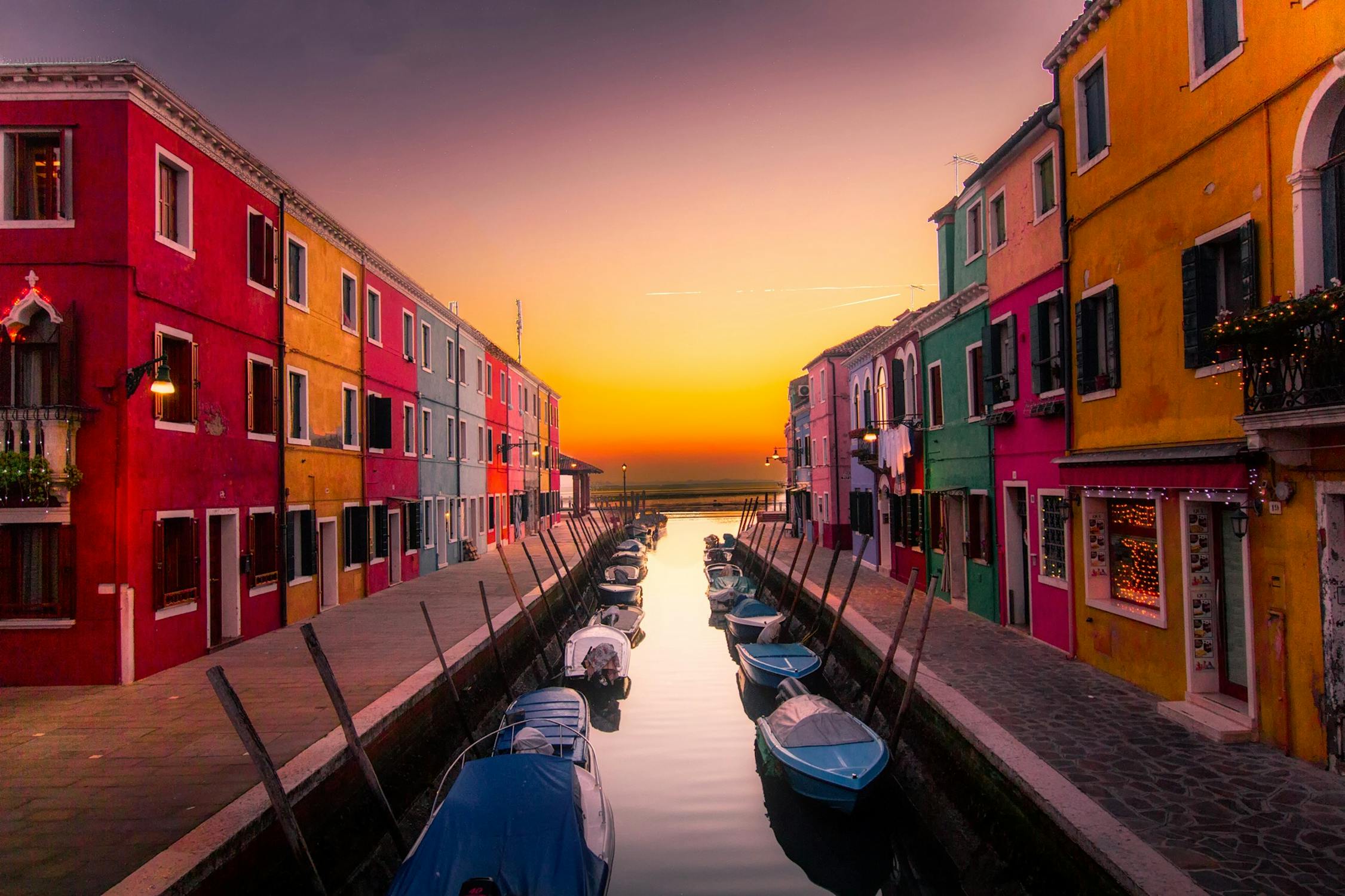
Travel is an industry that requires a lot of marketing. The tourism industry has been booming, with the increased demand for travel services in recent years. According to Statista, the global tourism sector is expected to reach $ 2.29 trillion in 2023.
However, with all this growth and popularity come several challenges. One such challenge is effectively marketing your brand or service in a competitive environment while standing out from the crowd. The answer to this question lies in using new marketing techniques that are more effective than traditional methods.
How COVID-19 Impacted the Tourism Industry
COVID-19 ushered in a global pandemic that killed millions of people in less than a year. It’s considered one of the worst pandemics in human history and has enormously impacted the tourism industry worldwide.
There were significant travel restrictions during this time, especially for destinations like Australia and Southeast Asia, where many tourists are from. Many destinations were closed off entirely or only allowed access through certain airports where passengers could be screened for signs of infection before being allowed entry into their country’s borders.
While the pandemic hugely impacted the tourism industry, the sector has almost recovered. People who had to retreat from traveling due to the pandemic have already started flying to popular destinations. Everybody from the travel industry seems to be in a good space now, especially the air travel industry, as air travel has already reached 70% of pre-pandemic levels in 2023.

Niche Marketing has Gained Popularity
Niche marketing has gained popularity in the tourism industry. In fact, data from the Future Market Insights research firm shows that the niche tourism market occupies 10-15% of the global tourism market.
Niche marketing is about targeting specific groups of customers based on their interests or needs. For example, if a company wants to reach medical tourists, it can advertise its services at hospitals and medical conferences. If a company wants to target families, it could advertise on family-friendly websites like TripAdvisor and Expedia.
Another example of niche marketing would be luxury travelers. These people typically have high incomes and often travel, so they are more likely to spend money on luxury vacations than other types of travelers would be willing or able to.

Luxury travelers may also prefer specific locations over others based on climate or culture. Therefore, it’s essential for marketers who want this customer base’s business to know what things those customers value and where precisely those values lie within each market segment being targeted.
Personalized Marketing Is No Longer Just an Option
The world is becoming more personalized, and it’s no longer an option for marketers to create customized content. According to the market analysis by Allied Market Research, the personalized travel market is set to grow by a CAGR of 17.8% by 2030.
Suppose you are going to be successful in your marketing efforts. In that case, you need to personalize everything from how you engage with customers through social media channels to how you deliver content.
Personalized marketing efforts aren’t just something that big brands do. It’s also something small businesses can implement quickly and effectively on their websites or social media platforms.
Focus on Health and Hygiene in Marketing Communication
Hygiene is a significant concern for most tourists, especially those traveling to countries with less developed hygiene standards. You can use this fact to your advantage by focusing on the importance of hygiene in marketing communication.
For example, if you’re selling towels or soap at your hotel or resort, you might want to focus on how they help guests keep clean while they’re away from home. Likewise, also promote what measures you are taking to ensure your customers’ hygiene. This can help convey that you care for your clients and help build trust.

Remind Customers of Their Travel Memories
In addition to the use of social media, there are other ways in which you can remind customers of their travel memories. You can use personal photos and videos to help them relive the experience. You can also encourage them to share their photos with you on social media or post reviews about their trips on review sites such as TripAdvisor or Yelp.
You may also want to consider creating an online forum where people can converse about certain aspects of your business or industry, whether it’s travel tips they’ve learned while staying at your hotel or restaurant recommendations from locals nearby. This type of interaction helps build community among travelers who share common interests.
Send Recommendations With Personalized Storytelling
You may not think of sending recommendations as a tourism marketing strategy, but it can be one of the most effective ways to grow your business. Everyone knows that word-of-mouth marketing is one of the best ways to attract new customers and keep them returning for more. But what if you could take this powerful tool and make it even stronger?

That’s where personalized storytelling comes in. Personalized storytelling is when you use customer data from your website or other sources to tailor messages for specific audiences. For example, you might send a unique offer code only to people who have purchased from you before or visited certain pages on your site recently.
Another example can be reaching out with recommendations at the right time. For instance, suppose someone lives near one of your hotels and has been talking about visiting nearby attractions on social media for weeks. Why not reach out with recommendations on how they could spend their weekend away?
The Use of Omnichannel Marketing and Communication has Increased
Omnichannel marketing and communication is a strategy that uses multiple channels, including social media, email, and mobile messaging, to reach customers. It’s important for tourism businesses because it allows them to communicate with customers across all channels in real-time.
What’s more? Omnichannel marketing can increase sales conversion rates by upselling products or services while also helping you build loyalty among your customers by personalizing their experience with you, which means more money is spent on future visits.
Conclusion
The tourism industry has seen a lot of changes in recent years, and these trends will only continue. With the introduction of COVID-19 and other marketing initiatives, we can expect to see more personalized marketing efforts that take advantage of technology to reach customers on their terms.